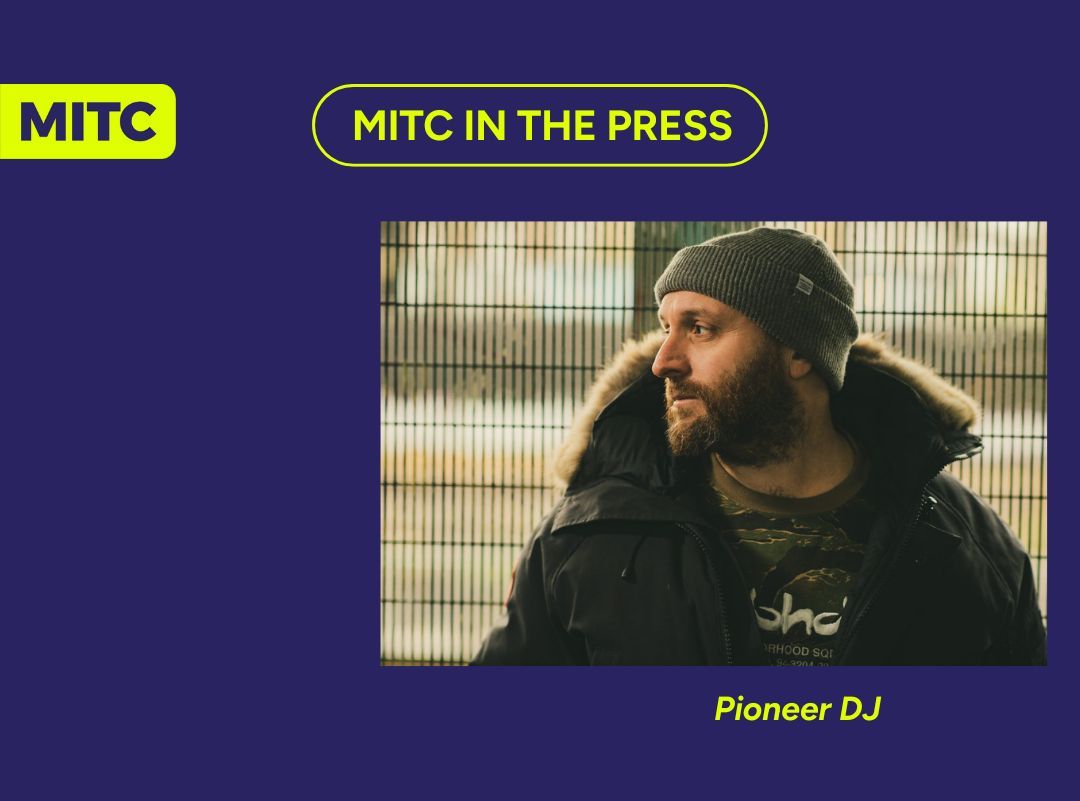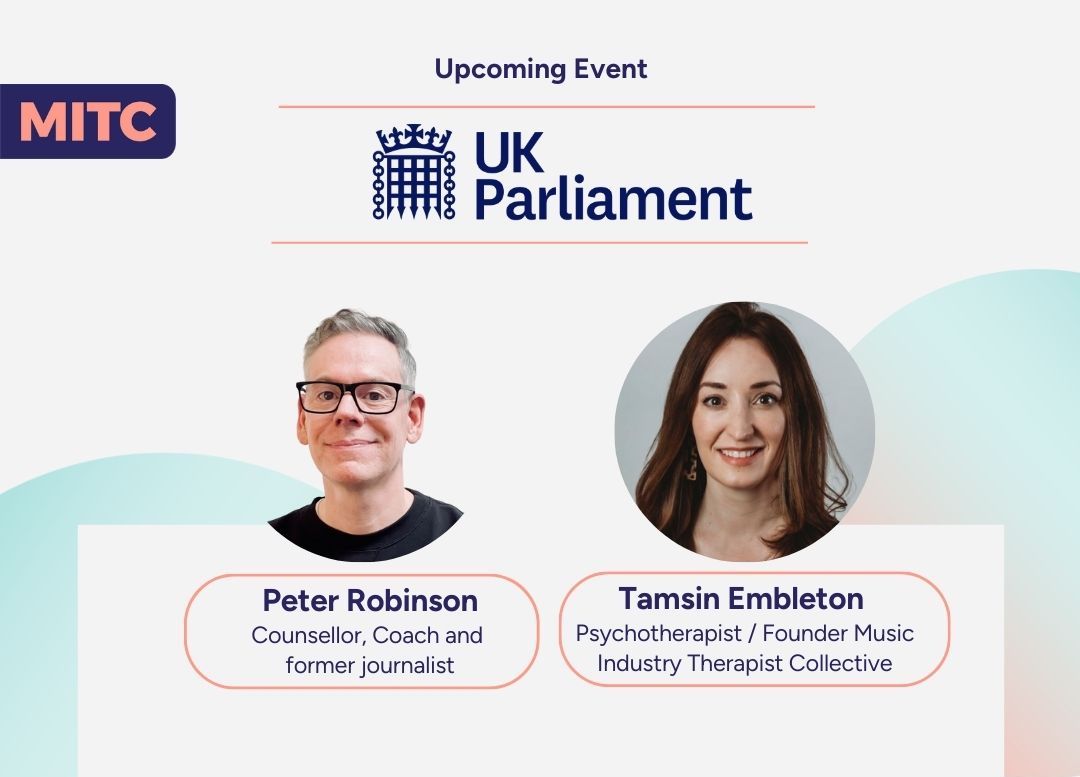On World Mental Health Day, Clash Magazine spoke with MITC’s Tamsin Embleton to explore music’s mental health crisis and what is being done to help…
Psychotherapist and ex-booking agent, Tamsin Embleton, established the Music Industry Therapy Collective (MITC), and studies the psychological impact of touring. She released an expansive new book, Touring And Mental Health: The Music Industry Manual, earlier this year.
“Performing is often thought of as eustress, so good stress; you get a lot from it and it feels restorative in some ways. But it’s very draining and the cortisol levels can be really high, meaning that you’re going to crash after you perform and probably going to feel quite drained the next day,” she explains. “On tour you might have another show, so your baseline stress level’s already elevated when you wake up; essentially that’s how stress accumulates. When people are trying to save costs after COVID and Brexit, it’s really hard for mid-level artists to break even, so they’re going to cram as much as they can in.”
High stress and lack of self care – through separation from familiar people, places and routines – form a difficult combination for touring artists and crew to contend with, meaning that they often find themselves struggling to reacclimatise – sometimes long after returning home.
“Excess is built in,” says Embleton. “And if you’re trying to manage these elevated stress states in your body and the crash that comes after, then you’re going to try and soften the blow, or maintain the high that you’ve got from the stage, which might feel so rewarding and deeply important that it’s hard to let go of.”
Read the full article here.



